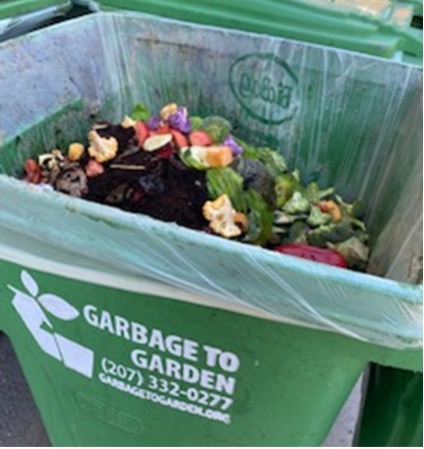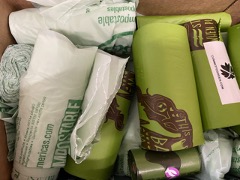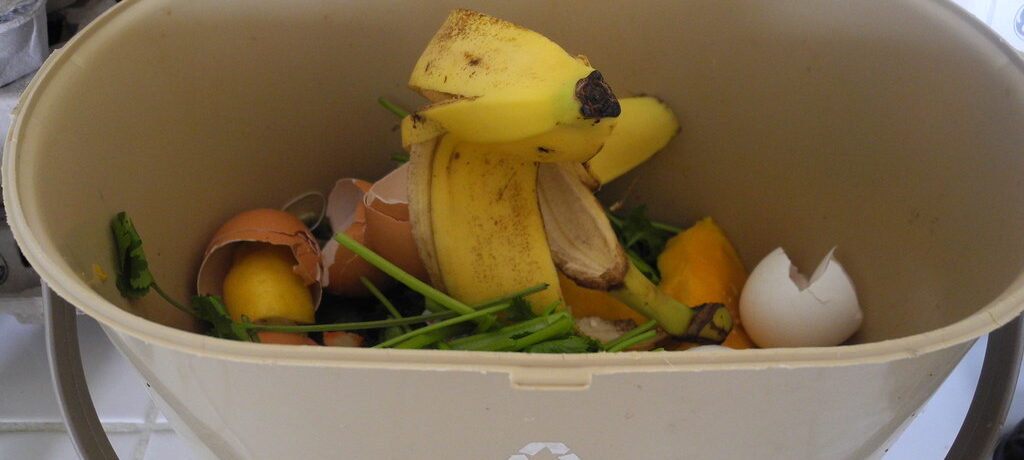Can we all agree that there is no better way to repurpose food waste than composting? Composting is extremely beneficial to the environment, in addition to making your trash less aromatic. It’s an alternative disposal method for food waste that would otherwise be dumped in a landfill, with potentially hazardous consequences. When food waste is placed in a landfill and buried, it initially decomposes by aerobic (oxygen using) bacteria, but after oxygen levels are depleted, the job is taken over by anaerobic (non-oxygen using) bacteria. The by-product of this anaerobic digestion is the production of methane, a dangerous greenhouse gas. Not only are methane emissions terrible for the atmosphere and contribute to global warming, but underground landfill fires can actually occur if enough methane accumulates underground, due to methane’s high flammability property.
Composting also provides a nutrient rich substance that makes any garden go haywire! Not to mention, the addition of compost to a garden environment is an open invitation to important microbes and other beneficial species like earthworms. These organisms assist with organic matter decomposition, creation of symbiotic (or collaborative) relationships between plants and fungi, soil nutrient cycling, and soil moisture retention. In general, anything that was ever alive is one hundred percent compostable. This, of course, includes things like vegetable and fruit peelings and seeds but also can include plant-based items such as paper coffee filters, napkins and tissues! We avoid including meat scraps and shells in backyard compost because temperatures don’t typically get high enough to break those down and it can attract vermin, but in a commercial compost facility those harder to decompose materials are also welcome. When in doubt, always verify if an item is compostable before throwing it in the compost bin.
While our dining halls have been sustainably disposing of food waste for several decades (first with a local pig farmer, and then with a commercial compost facility), we implemented a membership-based composting program a few years ago for residential students. Students and staff alike may participate, with membership being free for all students! Interested persons may contact the Assistant Director of Sustainability. Individuals will receive a key to the easily accessible compost bins, a roll of compostable green Biobags, and a brochure with everything you need to know to be a successful campus composter. The compost kiosks are found at two campus locations: behind Avila Hall and between Sokokis Hall and the gateway tunnel. The food waste is collected by Garbage to Garden and brought to Benson Farms in Gorham, Maine for composting. Composting is yet another easy way to live a little more sustainably at UNE!



